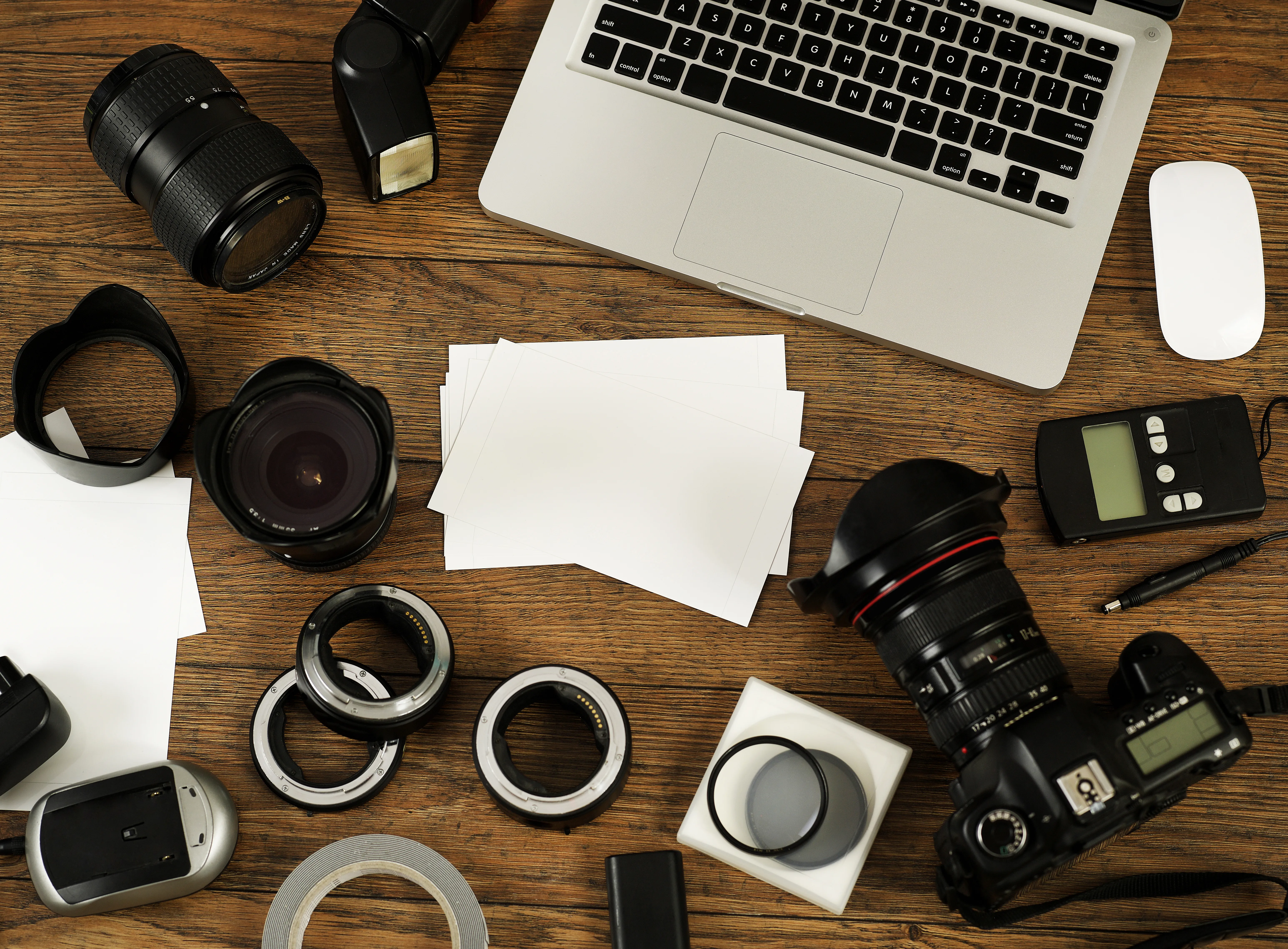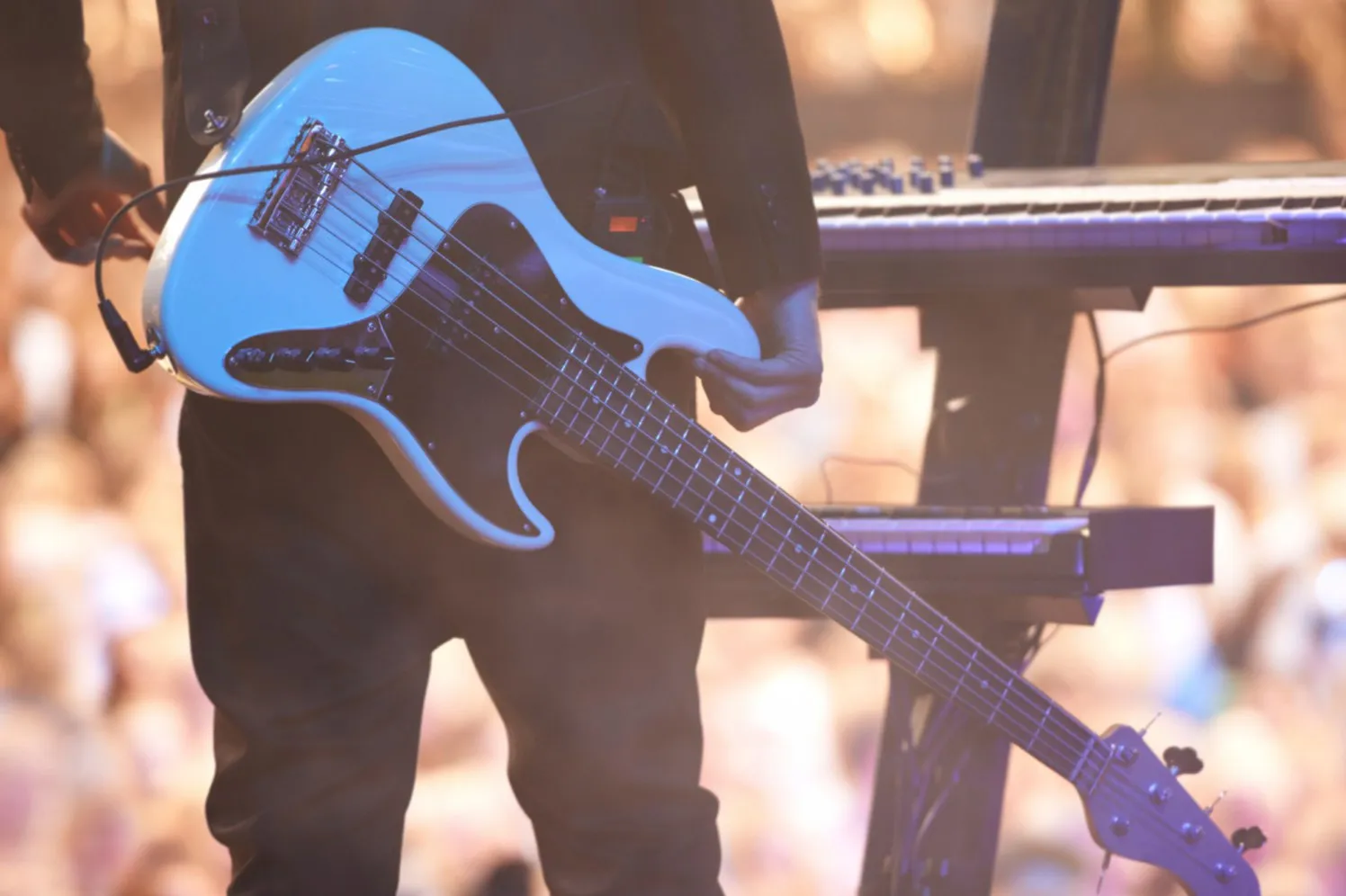Intro
Getting into photography might seem like a breeze. After all, it’s easy to get your hands on fancy equipment and there’s an array of professional classes readily available. But there’s a lot more to think about when it comes to starting a successful business — particularly in a crowded market like photography.
Let’s take a look at everything you need to know about how to start a photography business.
Deep Dive
First and foremost, to be a successful owner of a photography business, you need to take breathtaking images. But you also need some business acumen. This means you need to think about your target customer, your budget and your marketing as much as you think about composition, light and exposure.
Select a Photography Specialty
Because photographers face a lot of competition, one of the savviest decisions you can make is to specialise in a particular type of photography. This makes it easier for you to find an audience for your work and target it with promotions and marketing.
There are many types of photography in which you might specialise, from broad topics to niche disciplines. Here are a few directions you could take.
Wedding photography
As a wedding photographer, you are expected to compose intimate, unique shots throughout the wedding festivities. These photographers thrive in fast-paced environments and find satisfaction in capturing the anticipation and happiness of others. While shooting images of love and joy sounds ideal, weddings are a rarity for their clients, so photographers need to be able to handle high-pressure situations.
Event photography
Similar to wedding photography, an event photographer is responsible for capturing noteworthy moments at a particular event. Whether that be birthday parties, graduation events or retirement celebrations, it is important to be able to capture both still and moving images with superb clarity.
Fashion photography
With an eye for detail and a fascination with fashion, a fashion photographer is responsible for capturing images that flatter designer trends and show clothing in a unique way. In most cases, fashion photography is used in advertisements, fashion magazines and other outlets that display upcoming trends.
Landscape photography
A landscape photographer captures images of environments throughout the world, whether they be remote natural spaces or more developed ones. Landscape photographers usually travel extensively to depict the beauty of many places.
Portrait photography
If capturing the personality and characteristics of other people interests you, you might consider a career in portrait photography. These photographers are responsible for taking photos that highlight facial features and expressions of a person or group of people. If you’re patient and like kids, you might think of specialising in children’s portraits, which are often in high demand.
Sports photography
A sports photographer attends games, matches and championships to take photos and videos of players in action and the environment surrounding them. In most cases, sports photographers work for publications dedicated to sports or to a local area.
Food photography
Do you have an eye for all things food related? Those who invest their expertise in food photography are responsible for highlighting new, funky foods for different magazines, restaurants or other establishments in the food industry.
Of course, you aren’t limited to these specialities, but it’s important to establish yourself as an expert in an area in order to build your brand.
And just because you label yourself as a specialist in one type of photography, it doesn’t mean you can’t take on other projects. For example, many wedding photographers also work other events because of their similarities. Some wedding photographers also do portraits (particularly engagements or family portraits) since they’ve built relationships through the events they photograph.
How Much Money Does it Take to Start a Photography Business?
The cost of starting a photography business may seem straightforward. You just need some equipment and then you’re good to go, right?
But equipment is just one of four big costs for your business. The others are legal costs, insurance and studio space.
Equipment
Perhaps you have an awesome camera and a few lenses, but is that enough to start a photography business? Buying the right photography equipment — and not breaking the bank — can be a daunting task.
Aside from the basics, there’s a lot of additional equipment that might sound fantastic but will increase your expenses. The right kind of equipment for your business depends on the work you do and your specialism.
Here are five tips for buying the right photography equipment for your business:
- Start simple: Before you dive into the abyss of camera gadgets and fancy photo enhancers, go back to the basics. Think about the essential components you need for a photoshoot or event. Luxurious, eye-catching equipment might be a great touch, but you can purchase high-end equipment down the line, as your photography business begins to profit.
- Prioritise reliability: Take the time to read reviews about products and get a solid understanding of what equipment is worth investing in. You ideally want equipment that is durable and has a long lifespan.
- Think about hidden costs: Take maintenance and repair costs into consideration when you’re looking at photography equipment. Network with other professionals to get a realistic idea of the ongoing costs for certain equipment and use this to determine what to buy initially.
- Prioritise your equipment: After you assess the reliability and overall cost of each piece of equipment, write up a prioritised list of what you need. Buy the first few items that are essential to your business and save other purchases for later.
- Look into renting: If these costs seem overwhelming, you always have the option of renting equipment for your photography business. Check out local businesses that rent out camera gear in your area. Be sure to compare prices and read reviews thoroughly, so you are selecting the best equipment for your particular event or gig.
Legal and licensing considerations
There may be licensing and legal requirements for your photography business to consider. In general, there isn’t a specific photography license to obtain, but there are a few legal issues to consider, which usually come with a cost. Of course, this guide is meant for educational purposes only, so make sure you consult a legal expert to suit your specific needs. This will be extra helpful for when you are required to register your business.
If you are considering freelancing for a newspaper or magazine, you may need to consider a press pass (this is usually provided by a publication). Many freelancers need access to events, and organisers often grant credentials that allow an individual to photograph an event, but acquiring one of these is not always easy, and may cause considerable admin in the run-up to an event.
Another big legal consideration to take into account is copyright law. To use photos in your portfolio or promotional campaigns, you may want to consult with a lawyer to create contracts that address copyright issues with each of your clients.
Insurance
You should consider general liability coverage to protect you from unforeseen accidents during a photoshoot or at an event. Additionally, many photographers insure their equipment, which is another expense to take into consideration.
Learn more about business insurance and how it can mitigate risks as you open a photography business.
Studio space
With all of these costs in mind, you want to plan how you will make money (and become profitable). And the key to that is learning how to appropriately price your services. Determining how much to charge for your photography is both an art and a science and it takes careful planning to find that sweet spot.
First, you need to decide the pricing structure. Should you charge by the hour or by the photo? Your answer likely depends on the specific service you are providing. For example, photographers who specialise in event photography usually charge by the hour while portrait photographers might charge by the picture.
How to Make Money as a Photographer
With all of these costs in mind, you want to plan how you will make money (and become profitable). And the key to that is learning how to appropriately price your services. Determining how much to charge for your photography is both an art and a science and it takes careful planning to find that sweet spot.
First, you need to decide the pricing structure. Should you charge by the hour or by the photo? Your answer likely depends on the specific service you are providing. For example, photographers who specialise in event photography usually charge by the hour while portrait photographers might charge by the picture.
Other factors that go into pricing your services might include:
- Number of locations during a photo shoot
- Outfit changes
- Printing packages
You should look at all of these factors, as well as the cost of your time (on the physical shoot and editing) when developing a pricing plan. You might also look at the pricing structures of competitors in your area to determine what customers are willing to pay. The goal is to make sure your pricing appeals to potential customers and gives you a profit.
Select a Payments System
You’ve determined the cost to start your photography business and created a pricing plan that will make you profitable. Now it’s time to think about taking payments from customers.
A reliable payment processing system that is seamless for customers is key to your success. Make sure your payments system can take all forms of payment, whether it’s chip, tap and go or NFC payments like Apple Pay. If you regularly take payments on-site at shoots, a mobile EFTPOS machine can be a great solution for taking card payments there and then and avoiding having to follow up with an invoice up later.
Many professional photographers use invoices to bill customers for their services. You’ll want to invest in a reliable invoicing service that makes it easy to create photography invoices and send them in seconds.
With an integrated POS system, you can easily manage your payments as well as other processing functions for your photography business. Look for a POS system that stores customer information so you can easily access contact information to create invoices.
Craft a Portfolio
With your business plan in order, it’s time to turn your attention to finding clients. Marketing your business is crucial and your portfolio is the best tool for selling your photography.
A photographic portfolio is a simple collection of your work with a unifying theme or style. Think about what message you want to evoke and make sure you are displaying a variety of techniques that support that message.
You also want to think about how customers are consuming your portfolio. Do you need a physical portfolio? Or is a digital medium more appropriate? Including a portfolio when you create a photography website, for example, allows potential customers to quickly find your work and refer back to it at any time. You might also experiment with creating a portfolio and building an audience on Instagram.
Plan for Success
Anyone who starts a business has experienced that unnerving fear of failure. But don’t stress out (easier said than done, we know).
It’s completely normal to think about the future of your photography business and what you need to do to guarantee success. Here are some great tips you can apply when you first start your photography business.
- Know your competitors: When you start a photography business, you need to have extensive knowledge of your market and competition. Find out which photographers in your area have a similar style. Brainstorm ways to get ahead of your competition so your photography business is first in mind for clients in the area.
- Utilise a customer feedback program: One of the best ways to continuously improve your business is to seek feedback directly from your customers. That way, you can receive insight on what they loved as well as any issues you might need to address.
- Invest in the community: It is important to build your brand in the community when you are first starting a photography business. Whether it’s taking photos at local farmer’s markets or volunteering your services at charity events, do your due diligence in your community.
![]()















